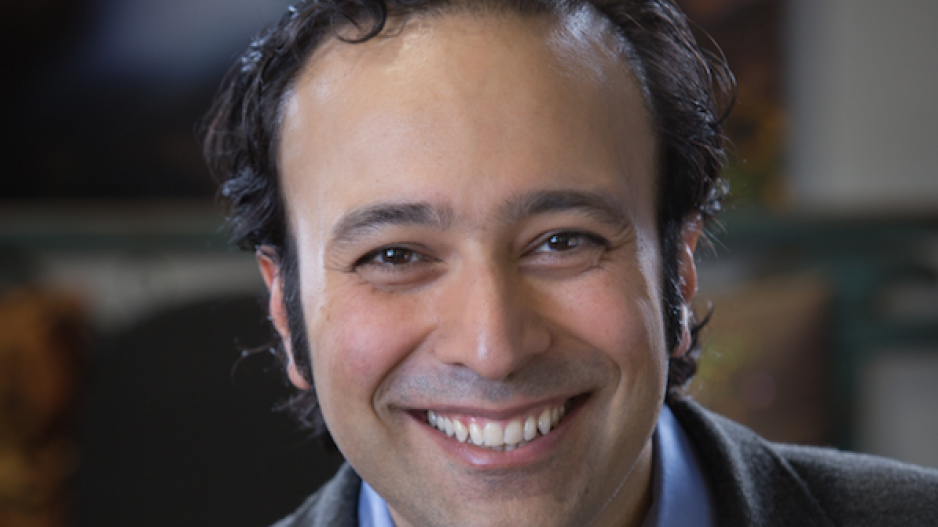Carbon in the soil, good. Carbon in the atmosphere, not so good.
“It’s the basis of life,” said Terramera Inc. CEO Karn Manhas, referring to photosynthesis, the process by which plants pull carbon from the atmosphere as they harness energy from sunlight and convert it into chemical energy.
So while experts agree it’s best to sequester as much carbon in the soil as possible, the problem is that it’s hard to incentivize those efforts within the agricultural industry, according to Manhas.
“The current methods for measuring soil carbon are actually just too expensive, inefficient and unreliable,” he said.
But as of this week, Manhas’ Vancouver-based agtech firm is one step closer to creating the conditions to make those costs fall precipitously and help motivate the launch of a market for soil carbon credits in Canada.
On Thursday, Sustainable Development Technology Canada (SDTC) revealed it’s awarding Terramera $7.9 million in funding to pursue technology that can better quantify carbon within farm soil without the reliance on expensive labour and lab work currently needed.
“The key thing that we've always been looking at is how do we start incenting that behavior,” said Manhas.
“We've developed a scalable, accurate, low-cost remote sensing technology where we actually have sensors and data pulled out of the field.”
No market for purchasing carbon credits based on carbon sequestration in the soil currently exists in Canada.
In the U.S., the market leans heavily on best estimates based on initiatives deployed by farmers, such as the growth of cover crops or soil-tilling practices.
But if potential buyers of carbon credits are confident about the (potentially much less expensive) quantifications of carbon within the soil, Manhas sees the market for such credits opening up in Canada.
“Our focus is to drive down the cost of quantification towards $5 per acre, which really opens up the market and also enables Canada to establish a standard for consistent soil carbon quantification across the country, one that we can test alongside the traditional expensive ways to show that it's just as accurate,” he said.
“Not only do they [farmers] get paid for the carbon they sequester, but it also improves their productivity in the medium and long term.”
Terramera is best known for its flagship chemistry technology, Actigate, which can be licensed to producers of both natural and synthetic pesticides to improve the efficiency, uptake and performance of the active ingredients in crop protection products.
The technology would allow farmers to increase the performance of materials sprayed on agriculture while reducing the overall amount required.
The investment in carbon sequestration signals another potential revenue source for the company, with Terramera offering what it says will be reliable and low-cost data for a market for soil carbon credits.
“[This can] establish not only a standard for Canada, but one that we can export to the rest of the world and create a global standard from Canada,” Manhas said.
“Why that's so important is because it makes the market for soil carbon credits actually commercially viable.”




